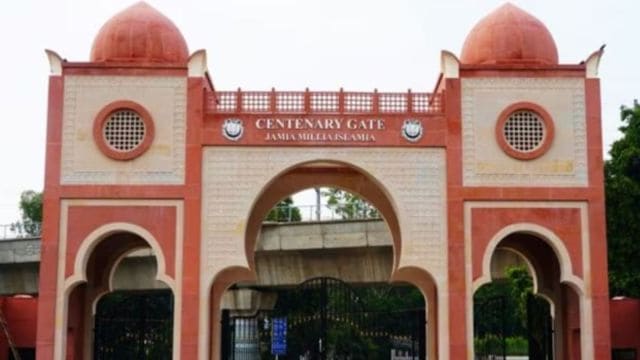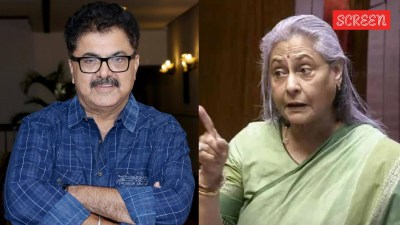Delhi High Court quashes Jamia Millia Islamia orders on dissolution of teachers’ body
Justice Sachin Datta, while setting aside the varsity’s order, emphasised on the Constitutional guarantee enshrined in Article 19(1)(c) (right to form associations)
 The university had claimed that since the association has been formed in accordance with the provisions of Jamia Millia Islamia Act, the varsity retains the authority to oversee, regulate, and, if necessary, restructure or dissolve the Association (File Photo)
The university had claimed that since the association has been formed in accordance with the provisions of Jamia Millia Islamia Act, the varsity retains the authority to oversee, regulate, and, if necessary, restructure or dissolve the Association (File Photo)The Delhi High Court on Tuesday quashed two office orders by Jamia Millia Islamia University that had dissolved the Jamia Teachers’ Association (JTA) in 2022, sealing their office and restricting the office bearers from using the premises and finances of the association.
Justice Sachin Datta, while setting aside the varsity’s order, emphasised on the Constitutional guarantee enshrined in Article 19(1)(c) (right to form associations), recording, “It is well settled that Article 19(1)(c) of the Constitution of India guarantees not merely the right to form an association but also the right to continue the association with its chosen composition and internal governance.”
“In the present case, the impugned action/s of the respondent University do not cite any exigency contemplated in Article 19(4) of the Constitution of India (reasonable restrictions on forming associations, such as threat to sovereignty and integrity of India), rather the said actions appear to be administrative in nature, bearing no rational nexus to a legitimate regulatory purpose…The unilateral formulation and approval of a revised Constitution for JTA, without consultation or consent of its members, undermines the autonomy of the Association and violates the right to self-governance inherent in Article 19(1)(c) of the Constitution of India,” the court held.
The university had claimed that since the association has been formed in accordance with the provisions of Jamia Millia Islamia Act, the varsity retains the authority to oversee, regulate, and, if necessary, restructure or dissolve the Association.
The court, however, held that “the unilateral formulation and approval of a revised Constitution for JTA, without consultation or consent of its members, undermines the autonomy of the Association and violates the right to self-governance inherent in Article 19(1)(c) of the Constitution of India.”







